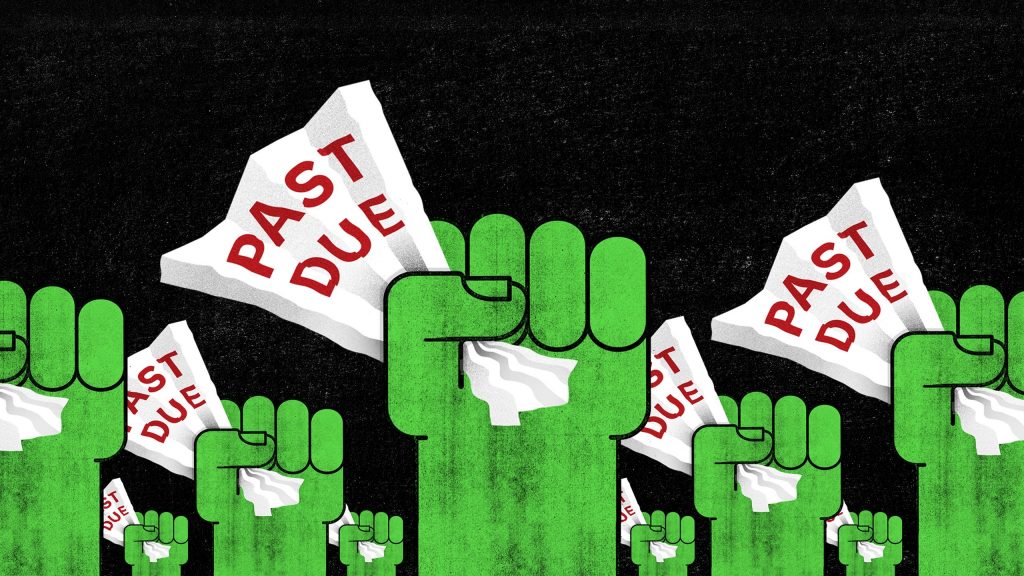RIO DE JANEIRO, BRAZIL – As of yesterday, November 29th, debtors of more than R$15 million, and declared in default by the Federal Government, may apply for payment in installments under Provisional Measure 899, also known as the Legal Taxpayer’s Provisional Measure.
The Ministry of Economy published an ordinance in the Federal Gazette regulating the renegotiation procedure and reported that the government should raise R$460 million in 2019 and R$6.4 billion in 2020 through the installment plan.

Accounting for only two percent of the total, larger debtors may apply at the Prosecuting Attorney’s Office for the National Treasury (PGFN) facility in their tax jurisdiction. The application must be lodged together with a tax payment and recovery plan.
Debtors of less than R$15 million, which account for the other 98 percent, will need to wait until the beginning of next week to be notified. They will be required to apply through the “Regularize Platform . The tool is available on the PGFN’s website, but the service will only be released after the publication of the notice.
The ordinance published yesterday established two renegotiation methods. The individual installment plan is intended for taxpayers with a total outstanding debt of more than R$15 million; bankrupt debtors, in winding-up or recovery proceedings, with an outstanding debt of any magnitude; public bodies with debts of any magnitude and debts of over R$1 million suspended by the courts and duly guaranteed.
Intended primarily for small debtors, installment payment by accession will cover debts enrolled in unsecured outstanding debt for more than 15 years, old debts suspended by the courts for more than ten years, companies declared extinct or inept, deceased individuals and debtors with deficient payment ability under the PGFN criteria.

Under the installment payment rules, only debts regarded as irrecoverable or difficult to recover will be granted a 50 percent discount on the total amount, and may reach 70 percent in the case of individuals, individual entrepreneurs, micro-companies or small-scale companies undergoing judicial reorganization. The remaining debts recorded as outstanding may be renegotiated, although without a deduction.
The debts may be divided up to 84 months (seven years), with the option of reaching 100 months in the four categories of debtors mentioned above.
In the case of companies under judicial reorganization, the first installment may start to be paid up to six months after the renegotiation is closed. The installment plan provides for the relaxation of rules on the provision of collateral, lien and sale of assets, and the option of using federal court-ordered debt securities of its own or of third parties to reimburse or settle the debt.

Debts to the Severance Premium Reserve Fund (FGTS), to the Simples Nacional (taxing system) and having criminal fines may not be renegotiated. The provisional measure itself stipulated the exclusion of these debts from the program.
The ordinance further defined a number of obligations for those joining the renegotiation.
Taxpayers must provide information on their assets and revenues when the PGFN requests it, refrain from using the installment plan to hinder competitors, definitively acknowledge the renegotiated debts, remain in good standing with the FGTS and settle any debts that may be included in the outstanding debt within 90 days or that may become due (with collection authorization) after the execution of the agreement.

